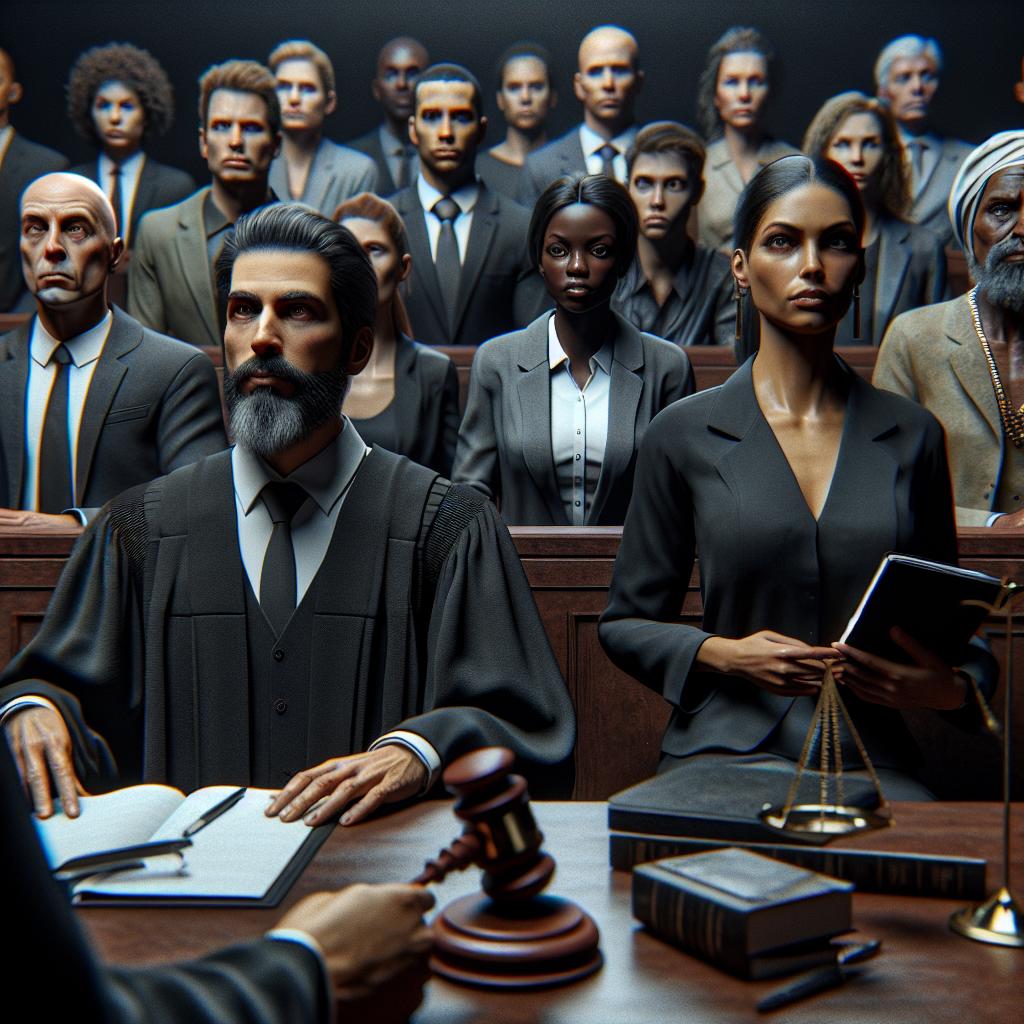Memphis, Tennessee: An Inside Look at Nichols Case Testimony
In a courtroom filled with anticipation and tension, former Memphis Police officer Emmitt Martin III took the stand during a trial investigating the beating death of Tyre Nichols. This case has gripped the nation, with emotions running high as people demand justice and transparency. Martin’s testimony on September 17th marked a significant turning point in the ongoing legal proceedings against him and his fellow officers.
A Tumultuous Start
Initially, Martin described the traffic stop that led to the chaotic and tragic events. He recalled seeing Nichols “speed up to get through a red light” and admitted he didn’t have a radar to determine how fast Nichols was going. Despite this, he confidently pursued Nichols for about two to three minutes, turning on his lights for around 30 seconds.
It’s crucial to note that during the first encounter, the officers did not inform Nichols why he was being pulled over or handcuffed. Martin stated, “We were all issuing commands at the same time,” but seemingly lost in the chaos was the reason behind their actions. This lack of clarity only added to the chaos of that fateful night.
A Shift in Tone
As the courtroom listened, Martin’s tone shifted dramatically when he began discussing the subsequent beating of Nichols. He described arriving to find Nichols on the ground with other officers hitting him with closed fists. “He was not resisting violently,” Martin stated, revealing a disturbing insight into the escalating violence. He even admitted to kicking and punching Nichols, driven by anger and previous frustrations due to the incident.
“I was already on edge and angry,” Martin explained, addressing how a pepper-spray incident fueled his hostility. Remarkably, he recognized that the other officers were “assaulting” Nichols, saying, “They should have intervened.” His acknowledgment of wrongdoing was a stark contrast to the earlier chaos of the incident.
The Aftermath and Cover-Up
In one of the most shocking revelations, Martin mentioned an understanding with his fellow officers not to report the punches. “I knew they weren’t gonna tell on me. I wasn’t gonna tell on them,” he confessed. This revelation of a cover-up culture within the ranks highlights the systemic issues that plague law enforcement agencies in many regions.
Facing the Consequences
The prosecution wrapped up their questioning by pressing Martin about the Response to Resistance reports the officers completed after Nichols’ beating. Martin acknowledged that none of the reports accurately described the force used against Nichols. This incomplete and inaccurate documentation is raising eyebrows, as it suggests a deliberate attempt to misinform the records of that night.
Emotional Transparency
As the day progressed, the emotional weight of Martin’s testimony became apparent. When asked whether he hoped for leniency for his testimony, he candidly responded that he was “only here to accept my punishment for my wrongdoing.” His struggle with the truth and reconciliation of his actions with his sense of morality resonated throughout the courtroom. He even confessed that it was “eating me up inside to live with a lie.”
Cross-Examination Highlights
During cross-examinations, Martin faced rigorous questioning from defense attorneys who sought to undermine his credibility. Notably, John Keith Perry pointed out inconsistencies in Martin’s accounts, suggesting that his testimony had been rehearsed. These exchanges underscored the contentious atmosphere in the courtroom as every detail became pivotal in determining the future for the officers involved.
With the cross-examination expected to continue, the courtroom remains a scene of intense curiosity and emotion. The testimonies and evidence presented thus far will undoubtedly shape the outcomes of this trial, echoing the calls for justice that have resounded across the nation since Nichols’ tragic death.
A Look Ahead
As we conclude the day’s events, the anticipation for the trial’s continuation grows. Martin’s revelations have shed light on not only his actions but the dynamics within the unit at the time of Nichols’ death. As the story unfolds, both the city of Memphis and the nation itself await further developments that may redefine accountability in law enforcement.
Stay tuned as we continue to cover this important case, bringing you the latest updates and insights as they unfold. Together, we watch, we listen, and we hope for justice.

Author: STAFF HERE MEMPHIS WRITER
The MEMPHIS STAFF WRITER represents the experienced team at HEREMemphis.com, your go-to source for actionable local news and information in Memphis, Shelby County, and beyond. Specializing in "news you can use," we cover essential topics like product reviews for personal and business needs, local business directories, politics, real estate trends, neighborhood insights, and state news affecting the area—with deep expertise drawn from years of dedicated reporting and strong community input, including local press releases and business updates. We deliver top reporting on high-value events such as Beale Street Music Festival, Elvis Week, and Memphis in May International Festival. Our coverage extends to key organizations like the Greater Memphis Chamber and the Memphis Convention & Visitors Bureau, plus leading businesses in logistics, healthcare, and music that power the local economy such as FedEx, St. Jude Children's Research Hospital, and AutoZone. As part of the broader HERE network, including HEREBristol.com, HEREChattanooga.com, HEREKnoxville.com, and HERENashville.com, we provide comprehensive, credible insights into Tennessee's dynamic landscape.






